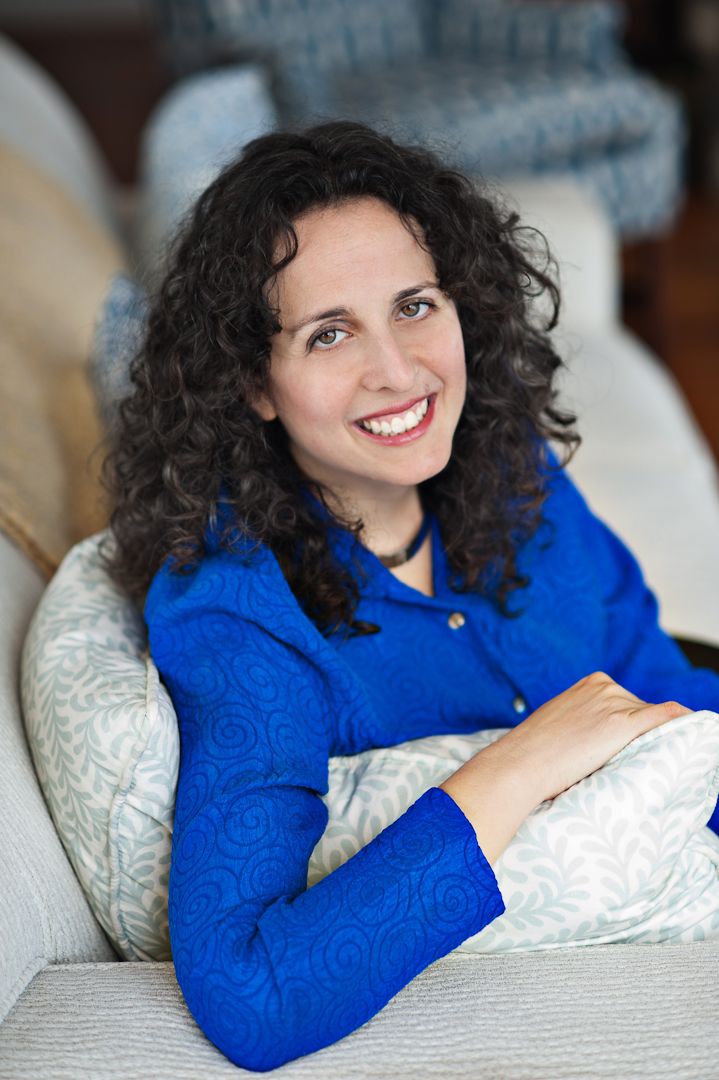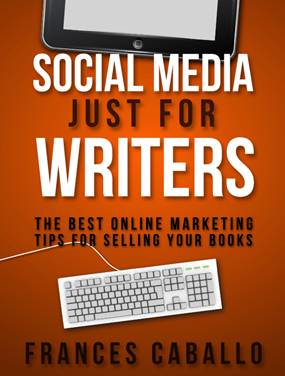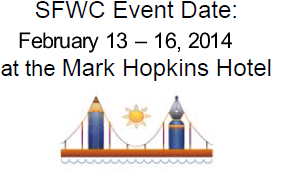
I recently received an e-mail that began, “I have worked so tenaciously to find the right traditional book publisher to publish my memoir…”
The author was starting to give up, lamenting that if she were rich and famous her book would be published. “There is no support for first time authors.”
I waited to respond to the author because the whole dis-empowered tone of it irritated me. I knew I shouldn’t answer an e-mail in that state. So, let’s look at this as an opportunity:
Here’s the truth. Publishers do publish first time authors–their memoirs, how-to books and even novels! They’re on the hunt for the next huge hit–and it’s likely not a celebrity memoir. So, that’s good news for her–and for you, whether you are writing a memoir or self-help book or other nonfiction: You can get published.
If your book is fresh, if the writing is outstanding and your book will likely speak to a large– or strong niche–audience, publishers are interested. But imagine yourself as an acquisitions editor for a moment. Perhaps ten or twenty years ago when you first started, you took several chances on authors who didn’t have a following. Maybe some really followed through with their marketing plans. Likely some did not.
In this market, publishers can’t afford to take such risks. They’re publishing fewer books. They need to know that there’s an audience out there already waiting to buy your book. That audience is your tribe and maybe they read your blog or come to your workshops or they follow you on twitter. They will buy your book. And if you don’t have a following like that, then why not start now? Otherwise, how will you reach people to buy your book anyway?
Now, if you were a publisher and someone came to you and said, “I have this great book; you should publish it, but I don’t have any following or platform,” don’t you think you might ask, “Why not?”
Interestingly, this author did not want to self-publish. Again, “Why not?” If she doesn’t believe enough in her book to publish it herself, why would a publishing company?
The internet offers zillions (count them) of ways to connect with the people you want to reach through your book and start to impact their lives now–before your book is ever published–maybe even before it’s fully written. If your writing resonates for these readers, they’ll likely recommend your book, review it, some will even give it as gifts–and you’ll reach more people, make more of an impact.
What this e-mail writer saw as a dead end was really a huge opportunity–to understand that no one is going to invest in her dream if she’s not invested–and part of that investment is developing a community, a tribe, connecting with people who resonate with her message.
So, how you can you get started? Here are 3 ideas to start developing your author platform and 3 ideas to educate yourself about your publishing options so you can get published:
 1. Read this just posted interview on Social Media for Writers with Frances Caballo, author of Social Media Just for Writers and Avoid Social Media Time Suck. You’ll learn some ways to use social media to connect with your budding (or new) tribe of fans and colleagues.
1. Read this just posted interview on Social Media for Writers with Frances Caballo, author of Social Media Just for Writers and Avoid Social Media Time Suck. You’ll learn some ways to use social media to connect with your budding (or new) tribe of fans and colleagues.
2. Consider blogging to develop a fan base. For now, just start brainstorming what you might write about and a theme for your blog. How might it resonate with the subject of your book.
3. Can you teach a workshop, webinar or teleseminar on your subject? Begin to jot down ideas of how you might take material from your book and teach it to others.
 4. If you really want to learn how the publishing industry works so you can get published, join me at the San Francisco Writers Conference mid-month where you can learn all about developing that following–or author platform–to empower you so you can become a published author and not an e-mail writer who laments that the cards are stacked against her! You can also meet acquisitions editors (publishers) and literary agents and ask them directly what they’re looking for in your book proposal and pitch. And if you have a blind spot about writing and publishing (as this writer did), you will have the opportunity to see the light!
4. If you really want to learn how the publishing industry works so you can get published, join me at the San Francisco Writers Conference mid-month where you can learn all about developing that following–or author platform–to empower you so you can become a published author and not an e-mail writer who laments that the cards are stacked against her! You can also meet acquisitions editors (publishers) and literary agents and ask them directly what they’re looking for in your book proposal and pitch. And if you have a blind spot about writing and publishing (as this writer did), you will have the opportunity to see the light!
5. If late March suits you better and you happen to be writing a health or well-being related book, consider joining me at Harvard Medical School’s CME publishing course. March 31-April 2. You’ll also have the opportunity to meet and get feedback from acquisitions editors (publishers) and literary agents, as well as attend classes on how to write a book proposal, get published and other relevant subjects.
6. If you want to get the low-down on how to write a book proposal to get published, join me and Julia McCutchen, founder of the International Association of Conscious and Creative Writers (IACCW), when she interviews me on How to Write a Book Proposal –a topic that Julia also has much experience to contribute to. And this Friday, you can catch Julia interviewing Michelle Pilley, managing director and publisher of Hay House UK who will speak about the Inside Story of Independent Publishing (same link as above).
So, no excuses. The publishing industry is not conspiring against you–I promise. In fact, it’s offering you more paths to success than ever. All you need to do is explore, evaluate and take strategic, inspired action.

